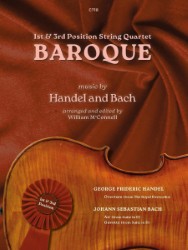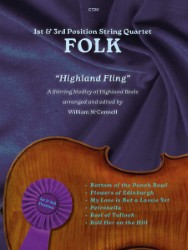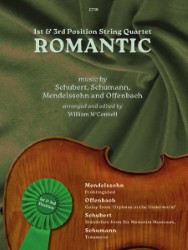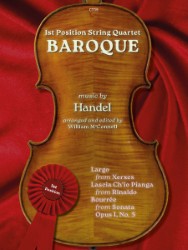Ballads of Britain
A Medley of Folk Ballads from England, Ireland, Scotland, and Wales
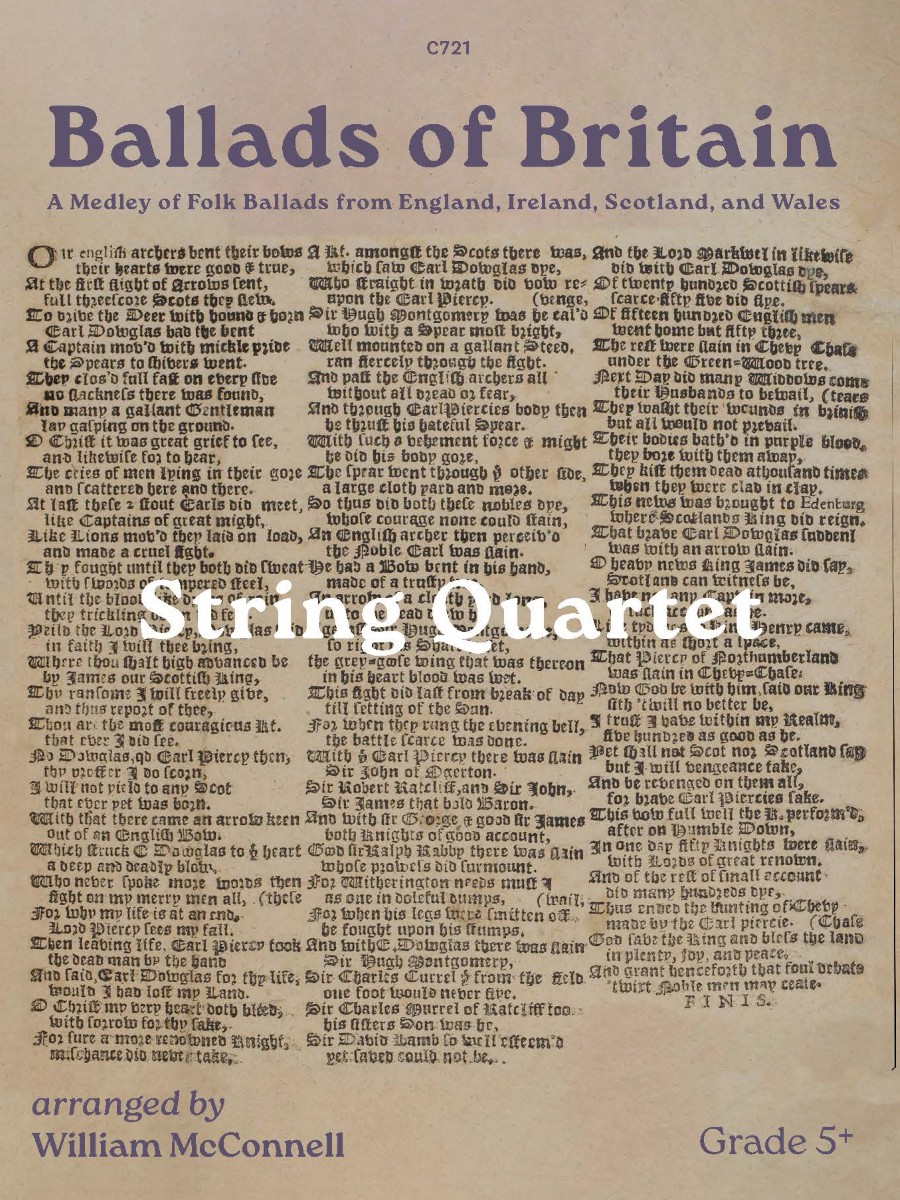
Composer: Traditiona
Arranger: William McConnell
Format: Score and parts
Publisher: Clifton Edition
Ballads of Britain is a ballad is the blending of words, the beauty of melody, tone, rhythm and expression. They reflect the history of a…
Page ? of ?
Digital Download – PDF
Shipping costs: No shipping
R.R.P £12.50
Our Price: £10.63

